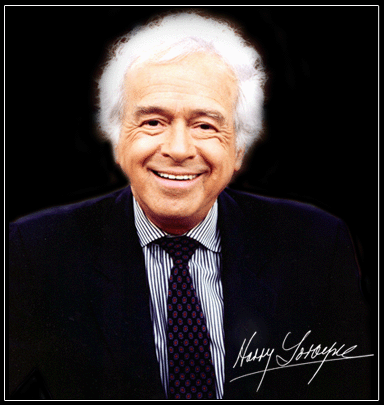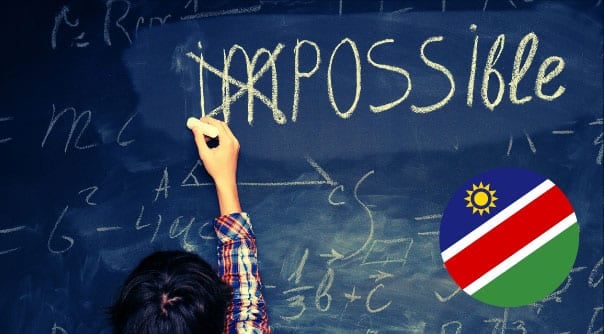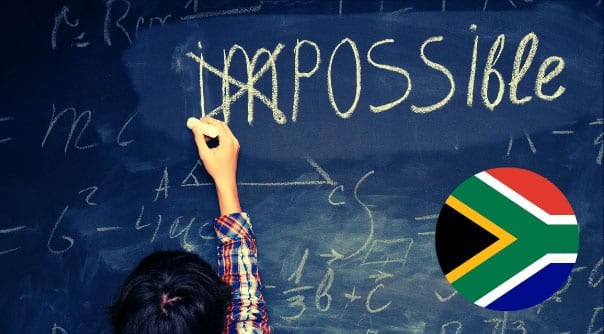
Harry Lorayne was one of the great memory men of the twentieth century — a fine performer, actor and lecturer. Hundreds of companies, including the likes of IBM, US Steel and General Electric, hired him to conduct seminars on mind power and memory training. And he appeared on just about every American TV show, including Johnny Carson’s The Tonight Show, Good Morning America, and The Today Show.
Early life and career
Lorayne grew up in the depression years of the late 1920s and 1930s in New York’s Lower East Side. The New York Times wrote in its obituary that Lorayne’s father was
a violent man, and whenever young Harry brought home failing grades on an exam – and because of his dyslexia, he often did – his father beat him. One day, Harry had an epiphany. If only he could learn to memorize, he realized, his problems would end. At the library, he found a shelf of dusty books on memory training, some dating to the 18th century. Most were beyond him, but he fought his way through. Using elementary versions of the techniques he would later employ professionally, he began earning perfect marks.
After dropping out of high school because his family had no money, he held several errand and clerking jobs, all of them low-paid. Then, in World War II, he ended up working in the Army accounting office because of his aptitude for figures. There he met and married his wife and decided to go into show business at the end of the war.
Lorayne becomes a magician
Ever since the age of eight, Lorayne had been fascinated by magic. He has written fifteen books for other magicians and is a highly respected teacher. He began to play in small nightclubs in New York, where his exceptional skills started to be noticed. Once or twice, he introduced simple memory feats, which seemed to go down well, even better than the magic. He decided to read every book he could find on memory.
After months of being holed up in the public library, he emerged with the beginnings of his own system:
Out of knowledge, trial and error — especially error at first — I began to work on a memory system of my own. I used it myself, at first. It worked. Those memory demonstrations went into my act. I found that they were the highlights. I began to decrease the magic until finally I was doing all memory and no magic.
Mnemonist and author
Still in his twenties, Lorayne found himself on network television. It seems America couldn’t get enough of him, and he went on to have a phenomenal career. He has been called “The Yoda of Memory Training” and “The Foremost Memory-Training Specialist” by Time magazine, and is well known for his mnemonic demonstrations and his books. He co-authored The Memory Book with basketball star Jerry Lucas, which became a New York Times bestseller.
.
To show his amazing memory power, Harry Lorayne would stand beside the president of the club he was visiting and be introduced to each member. The number of members of a club could reach up to 1,500. After an hour and a half, Lorayne would speak about memory for about 20 minutes and then ask if anyone had a question. He promised that if he couldn’t greet the questioner by name, he would pay them $1,000. Amazingly, he remembered the names of every member of the audience. Lorayne also made news by memorizing and recalling information from several phone books with 100 percent retention.
.
In 1961, Lorayne published a book called Secrets of Mind Power. The book tells readers how to improve their thinking skills for optimal success and says:
Don’t take things for granted, or as truisms, merely because you hear them proclaimed loudly, repetitiously, and from people or sources that you’ve been made to believe are incapable of stating anything but facts.
The book gained many avid readers, including a few icons. In Chronicles, Volume 1, Bob Dylan writes that he read Lorayne’s book shortly before breaking through as a music star.
In 2007, Lorayne published Ageless Memory, which he called his legacy book.
Lorayne passed away
Lorayne died on April 7, 2023, at the age of 96. In his obituary, The New York Times wrote:
Mr. Lorayne’s attainments are all the more noteworthy in light of the fact that he grew up in poverty, struggled academically as a result of undiagnosed dyslexia and concluded his formal education after only a single year of high school.
Edublox offers live online tutoring to students with dyslexia. Our students are in the United States, Canada, Australia, and elsewhere. Book a free consultation to discuss your child’s learning needs.



